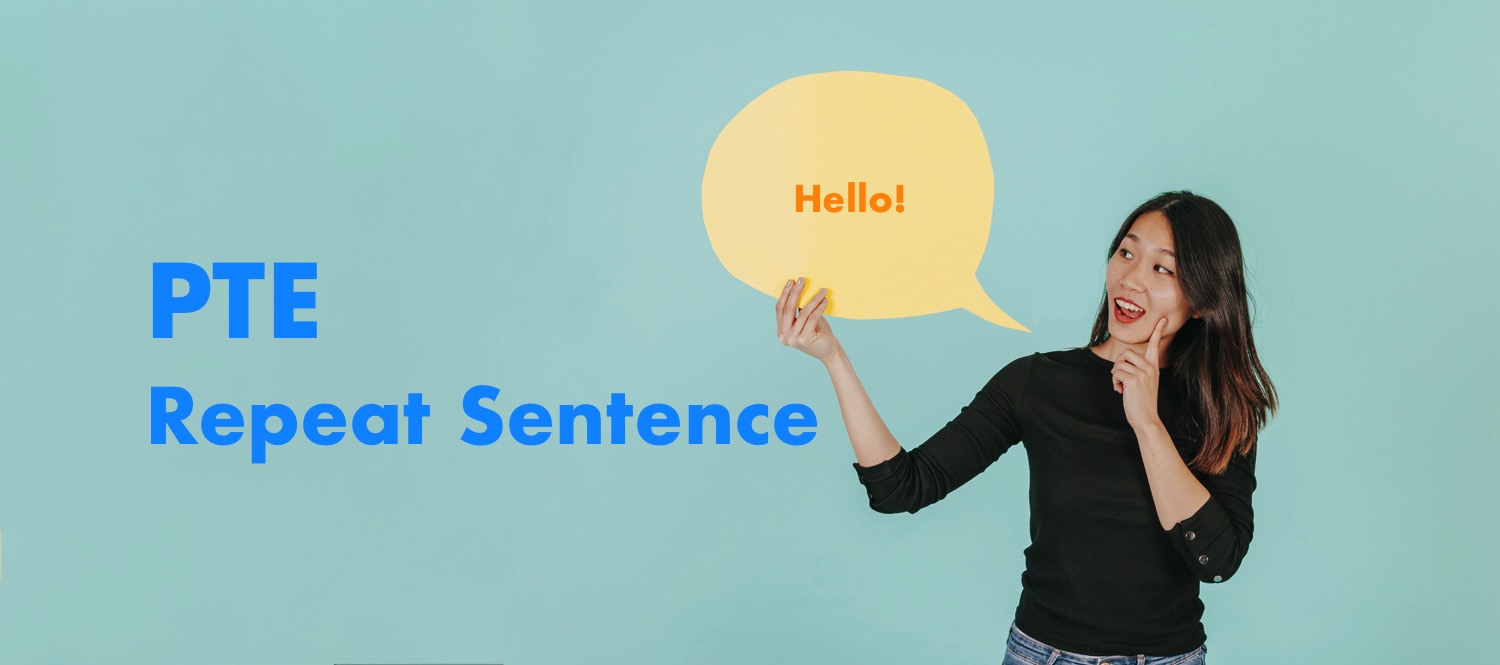Mastering PTE Academic: Tips and Strategies for Success
When it comes to acing the PTE Academic exam, there’s no one-size-fits-all approach. Each section of the test—Speaking, Writing, Reading, and Listening—poses its unique challenges. To help you navigate through the intricacies of the exam, we’ve prepared a comprehensive guide with tips and strategies for each section, covering every type of question you may encounter. Let’s dive in!
Speaking
Personal Introduction
This part is introductory part for you to get familier with the PTE test. It will help you to open up and warmup exercise.
This will not be scored though.
You will have 25 seconds to read the prompt and prepare your response, and then 30 seconds to record your response.
Read Aloud

Scoring Format
- Content: 0/90
- Fluency: 0/90
- Pronunciation: 0/5
Tips
- Practice enunciating words clearly.
- Work on your intonation to sound natural.
- Pay attention to pacing – don’t rush or drag.
- You have 30–40 seconds to read the text and prepare
Repeat Sentence

Scoring Format
- Content: 0/90
- Fluency: 0/90
- Pronunciation: 0/5
Tips
- Listen carefully and repeat the sentence as accurately as possible.
- Focus on both the content and the speaker’s intonation.
- Practice with a variety of accents and speeds.
- You can press next after 3 seconds of silence or just wait for timer to finish.
- You have 15 seconds to answer
Describe Image

Scoring Format
- Content: 0/90
- Oral Fluency: 0/60
- Pronunciation: 0/5
Tips
- Begin with a brief introduction, mentioning key elements.
- Use appropriate vocabulary and descriptive language.
- Summarize the image and make conclusions.
- You have 25 seconds to prepare and 40 seconds to answer
Usable Describe Image Templates
Certainly! Here are example templates for describing images of various types, including line graphs, bar graphs, pictures, tables, pie charts, and maps:
Visit This Page To See All The Templates
Re-Tell Lecture
Scoring Format
- Content: 0/90
- Oral Fluency: 0/60
- Pronunciation: 0/5
Tips
- Take notes while listening to the lecture.
- quickly write down keywords and later connect these words and prepare sentenses. Just make sure you dont stop and continue speaking something. Just speak!
- Summarize the main points and key details.
- Maintain a steady pace while speaking.
- You have upto 90 seconds to listen, 10 seconds to prepare and 40 seconds to answer.
Usable Re-Tell Lecture Templates
Here is a version of the template/example for retelling a PTE listening lecture:
Transcript
There is a picture, sort of artist's impression, before the space age of what Venus might be like on its surface and so this was looking at the planet Venus, it was science fiction and science fact all the way up to 56 before the start of the space age but it wasn't completely disproved, this idea of a really sort of lush environment on Venus until 1967, which is when the first measurements in detail were done at Venus.So Mariner 4 and Mariner 5 confirmed the feeling from an earlier space mission that in fact the surface of Venus was not like this at all, but extremely hot and, and also that the clouds were made of sulfuric acid so there wasn't a nice water cycle like is going on in this picture and so, that it had to wait for these in situ measurements by spacecraft to actually do that and so Venus turned out not to be quite as Earth like as we thought and I'll sort of tell you about some of the latest results from Venus Express, which, which they actually there are some Earth like features, but to a large extent, it's not like the Earth. Okay, so a brief comparison between.
Example
The audio was about the early perception of Venus, both as science fiction and science fact, up until 1967.The lecture elaborated with the mention of Mariner 4 and Mariner 5 missions confirming the extreme heat and sulfuric acid clouds on Venus.The speaker not only mentioned the initial idea of Venus having a lush environment but also discussed the inaccuracy of this notion.Furthermore, the lecture highlighted the need for in situ measurements by spacecraft to reveal Venus's true nature.Moreover, he talked about the recent findings from Venus Express, showing some Earth-like features but emphasizing that Venus is mostly dissimilar to Earth.In conclusion, the audio ended with a brief comparison between Venus and Earth.
Answer Short Question
Scoring Format
- Content: 0/90
- Oral Fluency: 0/60
- Pronunciation: 0/5
Tips
- Listen carefully to the question.
- Keep your answers concise and to the point.
- Use correct grammar and pronunciation.
- You have 3-9 seconds to listen, 10 seconds to answer.
Writing
Summarize Written Text
Scoring Format
- Content: 0/90
- Form: 0/3
- Grammar: 0/5
Tips
- Read the passage carefully and understand the main idea.
- Summarize the key points without adding personal opinions.
- Pay attention to sentence structure and grammar.
- You have 10 minutes to answer
Write Essay
Scoring Format
- Content: 3/3
- Grammar: 0/2
- Spellings: 0/2
- General Linguistic Range: 2/2
- Form: 2/2
- Vocabulary Range: 2/2
- Development, Structure, and Coherence: 2/2
Tips
- Plan your essay with a clear introduction, body paragraphs, and conclusion.
- Develop strong arguments with supporting examples.
- Revise for grammar and clarity.
- You have 20 minutes to answer.
Click here for Essay Writing Guide With Tips & Sample
Reading
This part of the test is 29–30 minutes long and it contains five different question types. You dont have individual
timer for each question.
Reading & Writing: Fill in the Blanks
Scoring Format
- Content: 0/90
- Form: 0/3
- Grammar: 0/5
Tips
- Read the entire passage first to understand its context.
- Predict missing words based on the surrounding text.
- Ensure that the completed sentence flows logically.
Multiple Choice, Multiple Answers
Scoring Format
- Content: 0/90
- Form: 0/3
- Grammar: 0/5
Tips
- Eliminate incorrect options to narrow down your choices.
- Pay attention to keywords and context in the passage.
- Read all options before selecting your answers.
- Do not choose answers you are not confident, it has negative marking
- Option 1 can always found at the top of the passage, Option 2 below that and so on
- First see options and search the keywords in the passage from the top
Re-order Paragraphs
Scoring Format
- Content: 0/90
- Form: 0/3
- Grammar: 0/5
Tips
- Look for clear topic sentences and logical connections.
- Arrange the paragraphs in a coherent order.
- Check for grammar and sentence structure.
- Move the sentence with introductory statement at the top.
Reading: Fill in the Blanks
Scoring Format
- Content: 0/90
- Form: 0/3
- Grammar: 0/5
Tips
- Understand the context and meaning of the passage.
- Predict the missing words using grammar and logic.
- Ensure that the completed sentence makes sense.
Multiple Choice, Single Answer
Scoring Format
- Content: 0/90
- Form: 0/3
- Grammar: 0/5
Tips
- Carefully read the question heading
- Carefully read the options. They usually have similar idea but contracting each other.
- Search for the keywords in the passage
- Choose the option that has the idea same in the passage.
- If confusing, strike out the incorrent options from top which you are confident.
- Now, the remaining one is the answer.
Listening
Summarize Spoken Text
Scoring Format
- Content: 0/90
- Form: 0/3
- Grammar: 0/5
Tips
- Listen attentively and take notes.
- Prepare sentenses by joining your keywords in the notes.
- Summarize the main points and supporting details.
- Use clear and concise language in your response.
Usable Templates
- Introduction line
- He/She Says/Mentions that …
- He/She highlights …
- He/She concludes by saying …
Example
Transcript
Summary
The speaker says that David Alivia Garcia, a well known journalist from the famous New Mexico Independence talks about the effects of the internet on journalism.
He also mentions that the internet media is overtaking the newspaper industry.
He suggests that the internet helps journalists to gather materials for preparing news stories like images and videos which John also agrees with.
Multiple Choice, Multiple Answers
Scoring Format
- Content: 0/90
- Form: 0/3
- Grammar: 0/5
Tips
- Identify keywords and key phrases in the audio.
- Eliminate incorrect options systematically.
- Cross-reference your answers with the audio.
Fill in the Blanks
Scoring Format
- Content: 0/90
- Form: 0/3
- Grammar: 0/5
Tips
- Listen carefully for context and clues.
- Predict missing words based on grammar and logic.
- Ensure that the completed sentence is coherent.
Highlight Correct Summary
Scoring Format
- Content: 0/90
- Form: 0/3
- Grammar: 0/5
Tips
- Be stress free and try to understand what the speaker is saying
- Focus on the main idea of the audio. Often question is going to be about this only.
- Choose the summary that best captures the key points.
- Pay attention to nuances in meaning.
Multiple Choice, Single Answer
Scoring Format
- Content: 0/90
- Form: 0/3
- Grammar: 0/5
Tips
- Read the question heading and understand it
- Listen attentively to the entire audio and look for keywords in the question heading.
- Identify the most accurate response.
- Beware of distractors that may sound plausible but are incorrect.
Select Missing Word
Scoring Format
- Content: 0/90
- Form: 0/3
- Grammar: 0/5
Tips
- Listen carefully for context and clues. Try to visialize the
- Predict the missing word based on the flow of the audio.
- Ensure that your chosen word fits logically.
Question Prompt
Highlight Incorrect Words
Scoring Format
- Content: 0/90
- Form: 0/3
- Grammar: 0/5
Tips
- Listen carefully
- Follow every word with mouse hovering on it, click if the speaker missed it.
- If missed, dont go back
Write From Dictation
Tips
- Listen carefully
- Write down what you’ve just heard
- Make sure to add fullstop at the end.
Question Prompt
Multiple Choice, Multiple Answers (MCMA) - Negative Marking
Scoring Format
- Correct Responses: +1 point for each correct answer
- Incorrect Responses: -1 point for each incorrect answer
- Partial Credit: Some MCMA questions offer partial credit, so you may receive a fraction of a point for partially correct answers.
Tips
- Be cautious when selecting answers. If you’re unsure about an option, it’s better to leave it blank to avoid negative marking.
- Carefully read the instructions for each MCMA question as some may have variations in scoring.
Negative marking in MCMA questions means that you should strategically choose your answers, considering the potential penalties for incorrect choices. While it’s important to aim for correct answers, avoiding unnecessary incorrect responses can help you maintain a higher overall score in this question type.
Additional Tips
Time Management: Practice time management to ensure you complete each section within the allotted time.
Mock Tests: Take full-length practice tests to simulate exam conditions and build stamina.
Review and Reflect: After each practice session, review your performance and identify areas for improvement.
Seek Professional Help: Consider enrolling in PTE preparation courses or hiring a tutor to get personalized guidance.
Remember, success in the PTE Academic exam comes with consistent practice, focused preparation, and confidence in your abilities.





